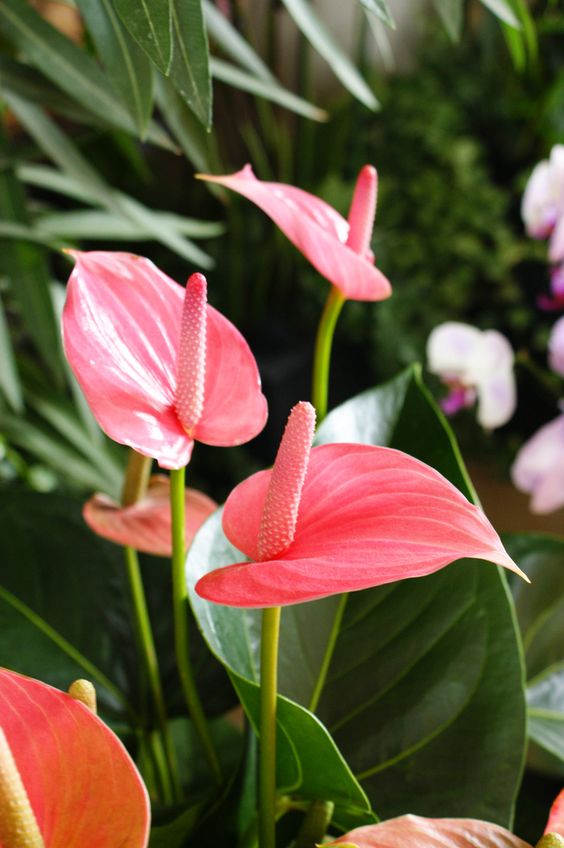The history of fresh flowers in Nigeria is a fascinating journey that reflects the cultural, economic, and horticultural developments in the country over the years.
While flowers have always been a part of Nigeria’s natural landscape, the cultivation and appreciation of fresh flowers as a decorative and cultural symbol have evolved significantly.
Here’s a brief overview of the history of fresh flowers in Nigeria:
1. Indigenous Flora: Nigeria is blessed with a diverse range of indigenous plant species, many of which produce beautiful and colorful flowers. These flowers have been a part of the Nigerian landscape for centuries and have had various cultural and traditional uses.
2. Early Cultural Uses: Indigenous Nigerian communities have a long history of using flowers in their cultural and religious practices. Flowers have been used in rituals, ceremonies, and celebrations, symbolizing various aspects of life, such as love, beauty, and spirituality.
3. Colonial Influence: During the colonial era, European colonial powers introduced new flower varieties to Nigeria. These included ornamental flowers like roses, daisies, and lilies. The British, in particular, had a significant influence on the cultivation of fresh flowers in Nigeria.
4. Commercial Flower Farming: The cultivation of fresh flowers for commercial purposes began to gain traction in Nigeria in the mid-20th century. As urbanization increased and the middle class grew, there was a growing demand for flowers as ornamental decorations for homes and events.
5. Floristry Industry: The floristry industry in Nigeria began to develop in the latter half of the 20th century, with florists and flower shops becoming more common in urban areas. Florists started offering a wide range of imported and locally grown flowers for various occasions, such as weddings, funerals, and corporate events.
6. Flower Expos and Shows: To promote the appreciation of fresh flowers and the floriculture industry, Nigeria began hosting flower expos and shows. These events showcase the beauty and diversity of fresh flowers and provide a platform for local florists and growers to display their creations.
7. Export Opportunities: Nigeria has also started exploring opportunities for exporting fresh flowers to international markets. The country’s favorable climate allows for year-round flower cultivation, making it a potential player in the global flower trade.
8. Cultural Significance: Fresh flowers continue to hold cultural significance in Nigeria. They are used in traditional ceremonies, weddings, and other celebrations as symbols of love, beauty, and prosperity.
9. Environmental Awareness: In recent years, there has been a growing awareness of the importance of sustainable and eco-friendly floriculture practices. Efforts are being made to minimize the environmental impact of flower farming in Nigeria.
In conclusion, the history of fresh flowers in Nigeria reflects a rich blend of indigenous traditions, colonial influences, and modern commercialization. Flowers have maintained their cultural significance while also becoming an important part of the country’s economy and lifestyle. The floriculture industry in Nigeria continues to evolve, offering both domestic and international markets a wide variety of fresh and vibrant blooms.

